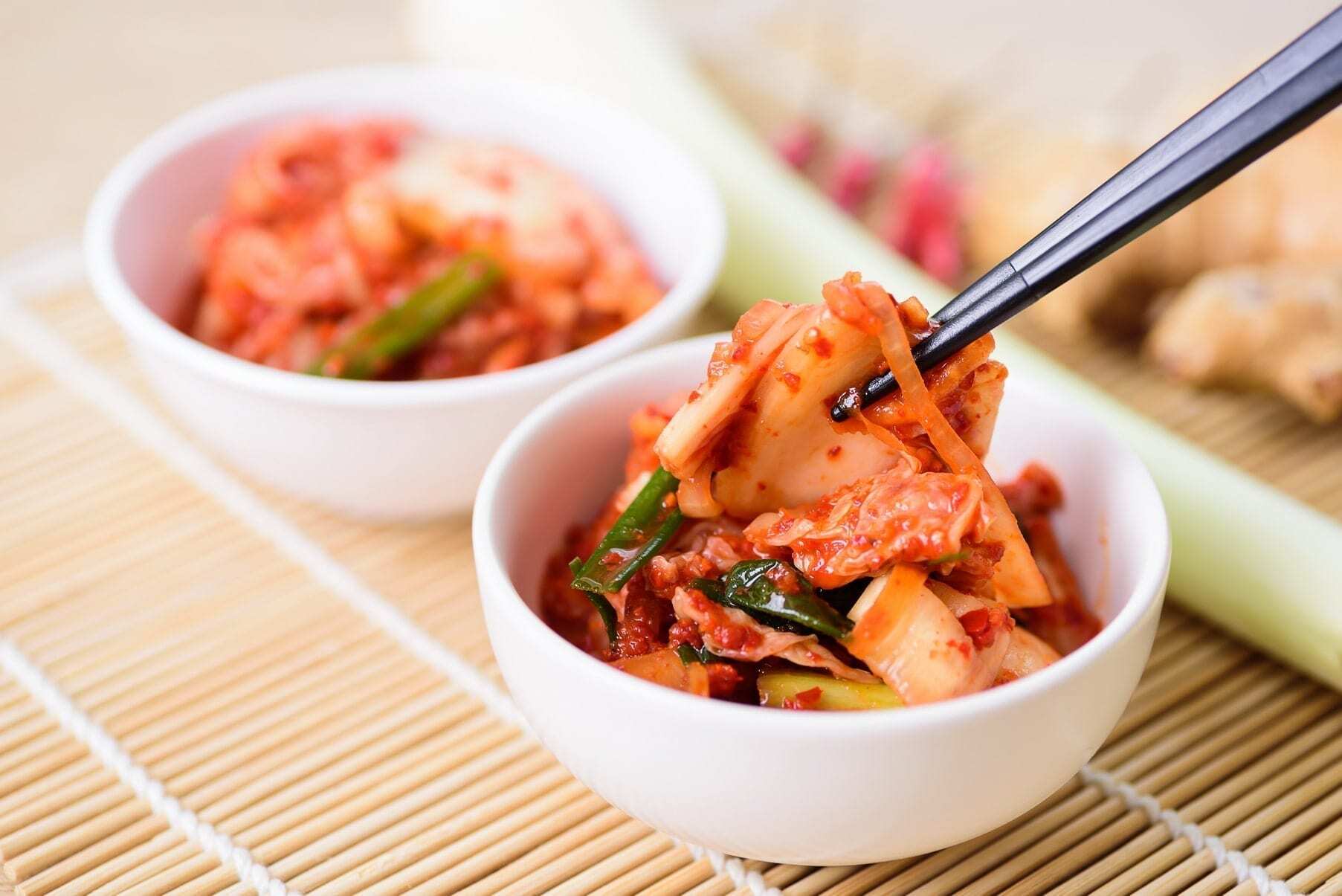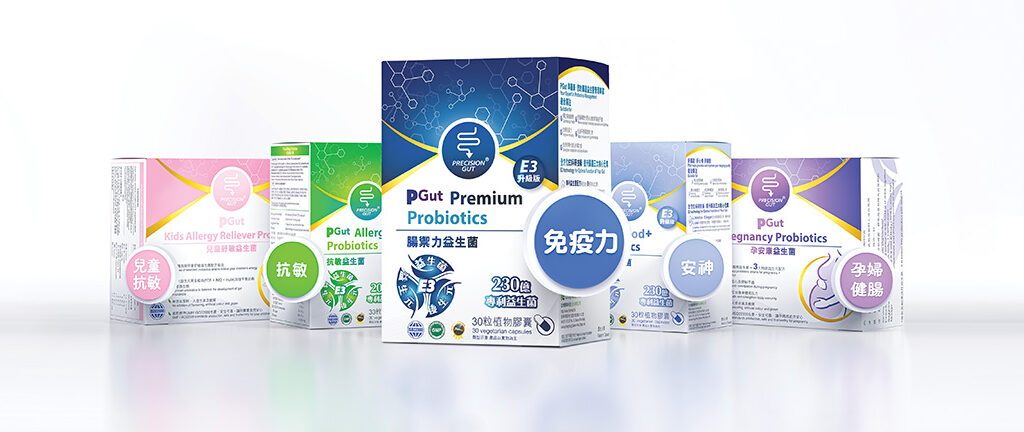Enhancing self-resistance
A lot of people have asked through different channels or social platforms, “I had already worn masks and washed my hands frequently when I go out. What else can I do to reduce the risk of contracting the virus?”
Strengthening one’s resistance is also one of the most critical factors in preventing infectious diseases. Having a routine lifestyle, enough rest, a balanced diet, exercising and maintaining a good mood help one’s resistance.
Meanwhile, the diet has many effects on your health. What kinds of diet and nutrition help to enhance immunity and reduce the risk of contracting the disease? According to research, some vitamins and supplements can reduce the chance of contracting upper respiratory tract infection, and improve the symptoms after illness, including vitamin C, vitamin D, zinc, flavonoids, and prebiotics/probiotics. However, no research at this stage conclusively shows whether it can reduce the risk of contracting COVID-19.
Absorption of Vitamin D
Vitamin D can be absorbed in two ways; one is that the body produces it under the skin in the presence of sunlight, and more outdoor activities can help absorb vitamin D; another way is obtained through daily dietary intakes, such as eggs, salmon and dairy products.
In addition to helping bone metabolism, vitamin D is effective in regulating the immune system. Zinc helps the cells of the immune system function properly and can be absorbed from foods such as meat, seafood, and beans. Flavonoids are antioxidants and anti-inflammatory, which can be absorbed from beans, green tea, grapes, etc.
According to recent studies, the conditions of the human intestine will influence our system. It means that maintaining the balance of good and bad bacteria in the intestinal tract can help the immune system function healthily, and proper supplementation of probiotics can help to maintain a good ratio of bacterial groups. Examples of foods include cheese, soybean paste, etc. It is important to note that we should avoid some probiotic foods that are high in sugar content, or highly processed. At the same time, many people have also raised questions about the mentioned content above. In addition to taking the above nutrients and probiotics from our diet, do we need to take additional probiotic supplements? These probiotic supplements can indeed effectively reduce the chance of contracting respiratory diseases. However, it is critical to take the general preventive measures first, including wearing a suitable mask, keeping hands clean and hygienic, avoiding crowded places, more exercise, and paying attention to a balanced diet. Meanwhile, if you choose to take probiotic supplements, you must accept the prescribed dose to avoid adverse effects on the body due to excessive intake.



